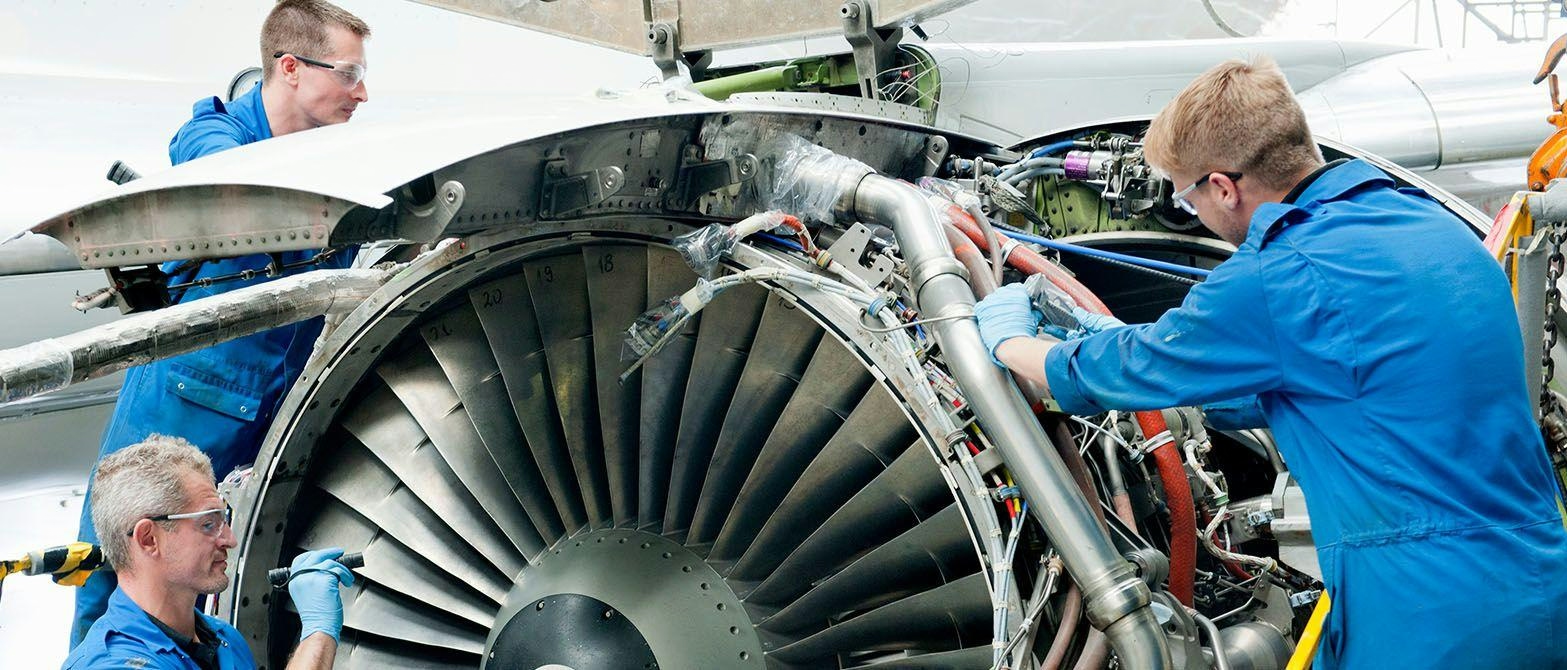AeroGenie — Your Intelligent Copilot.
Trending
Categories
Building a Strong Aviation Maintenance Industry in India

Building a Strong Aviation Maintenance Industry in India
Rapid Growth and Emerging Challenges
India’s aviation sector is experiencing unprecedented expansion, with the number of operational airports increasing from 74 to 220 in recent years. This rapid growth, while indicative of the sector’s potential, has simultaneously exposed significant deficiencies in the country’s aviation maintenance, repair, and overhaul (MRO) infrastructure and regulatory framework. The Directorate General of Civil Aviation (DGCA), the primary authority responsible for aviation safety and enforcement of MRO standards, is currently facing a critical shortage of personnel, with a vacancy rate of 53 percent as reported by a recent Parliamentary Standing Committee. This acute understaffing raises serious concerns about the regulator’s capacity to conduct thorough audits of MRO providers, ensure compliance with complex civil aviation regulations, and effectively manage the sector’s accelerating growth.
The regulatory challenges extend beyond the DGCA. Both the Bureau of Civil Aviation Security and the Aircraft Accident Investigation Bureau are similarly understaffed, exacerbating systemic weaknesses in oversight and the ability to address maintenance-related safety issues. Recent air-safety audits have brought these vulnerabilities to light, emphasizing the urgent need for strengthened regulatory mechanisms to safeguard aviation operations.
Structural and Industry Constraints
The difficulties confronting India’s domestic MRO industry are not limited to regulatory inadequacies. A report by Niti Aayog highlights several structural impediments, including monopolistic practices in manufacturing that restrict access to critical technical data and manuals. Additionally, the sector suffers from insufficient infrastructure, such as a lack of modern hangars and specialized training facilities, which hampers the development of advanced maintenance capabilities. Compounding these challenges is the limited international recognition of DGCA certifications, which restricts India’s ability to compete for high-value MRO contracts on the global stage.
The demand for skilled aviation professionals is projected to rise sharply in the coming decades. Industry forecasts estimate a global requirement for 674,000 new pilots and 716,000 new maintenance technicians over the next twenty years. As one of the fastest-growing aviation markets, India must significantly expand its training and workforce development initiatives to meet this demand. The aviation smart maintenance market is anticipated to reach USD 12 billion by 2034, reflecting a shift toward technology-driven maintenance solutions. In this competitive environment, international players are expected to increase investments in training and safety management systems, raising the standards that India’s MRO sector must meet to remain viable.
Policy Measures and the Path Forward
Recent policy interventions, such as reductions in the Goods and Services Tax (GST) on MRO services, represent positive but insufficient steps toward addressing the sector’s foundational challenges. The safety of millions of passengers hinges on a well-resourced regulatory body and a resilient MRO ecosystem. Incidents such as the recent Air India crash starkly illustrate that regulatory vacancies and infrastructure gaps are not mere administrative failings but critical vulnerabilities with potentially fatal consequences.
To build a robust aviation maintenance industry, India must urgently invest in enhancing regulatory capacity, upgrading infrastructure, and expanding workforce training programs. These investments are essential commitments to ensure the safety, reliability, and sustainability of the country’s rapidly expanding aviation sector.

Emirates Unveils Cabin Design for New Boeing 777X

Eighteen Years On, the Airbus A380 Remains Central to a $34 Billion Airline

How a boom in luxury airline seats is slowing down jet deliveries

Navitaire Outage Attributed to Planned Maintenance

DigiYatra Debuts Outside Aviation at India AI Impact Summit

Vietnam Orders Strengthen Boeing’s Commercial Outlook

Airbus Signals Uncertainty Over Future A400M Orders

JobsOhio Awards $2 Million Grant to Hartzell Propeller for Innovation Center

Collins Aerospace Tests Sidekick Autonomy Software on YFQ-42A for U.S. Air Force CCA Program

How the Airbus A350-1000 Compares to the Boeing 777
